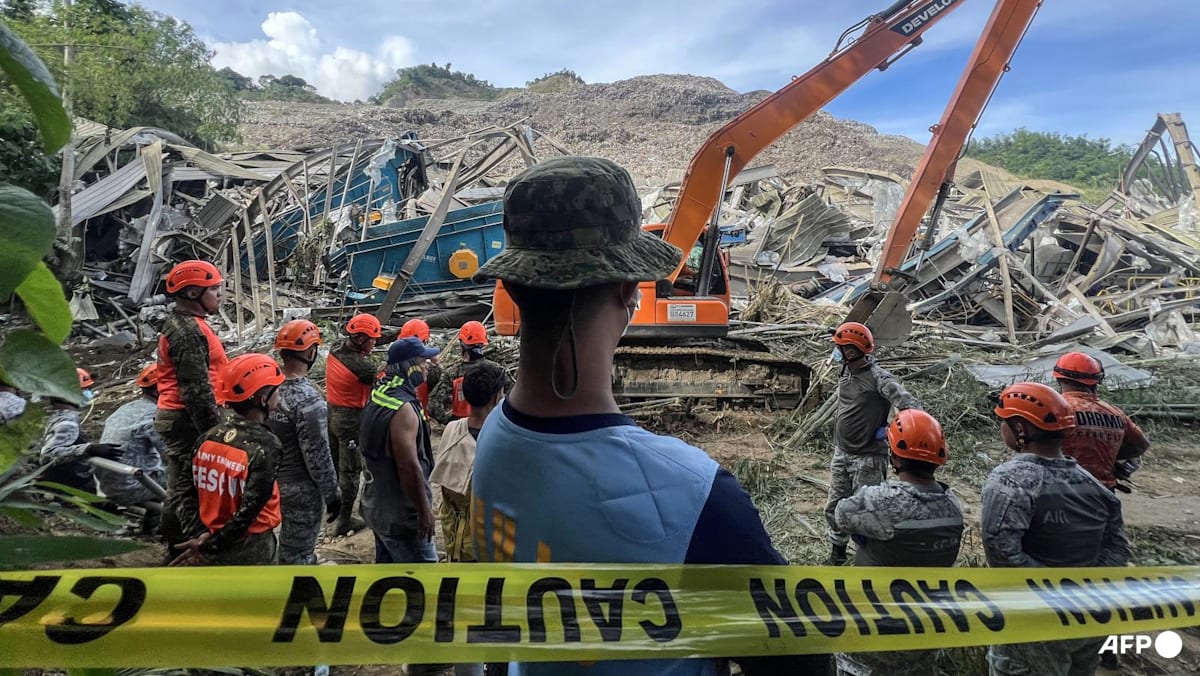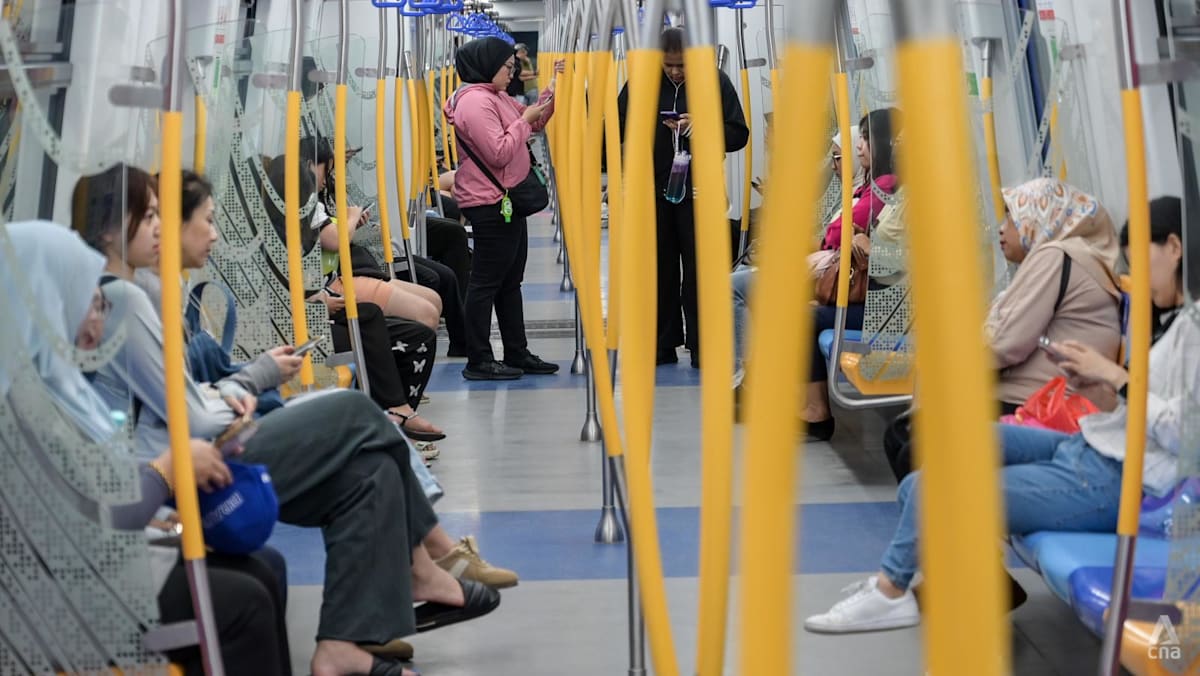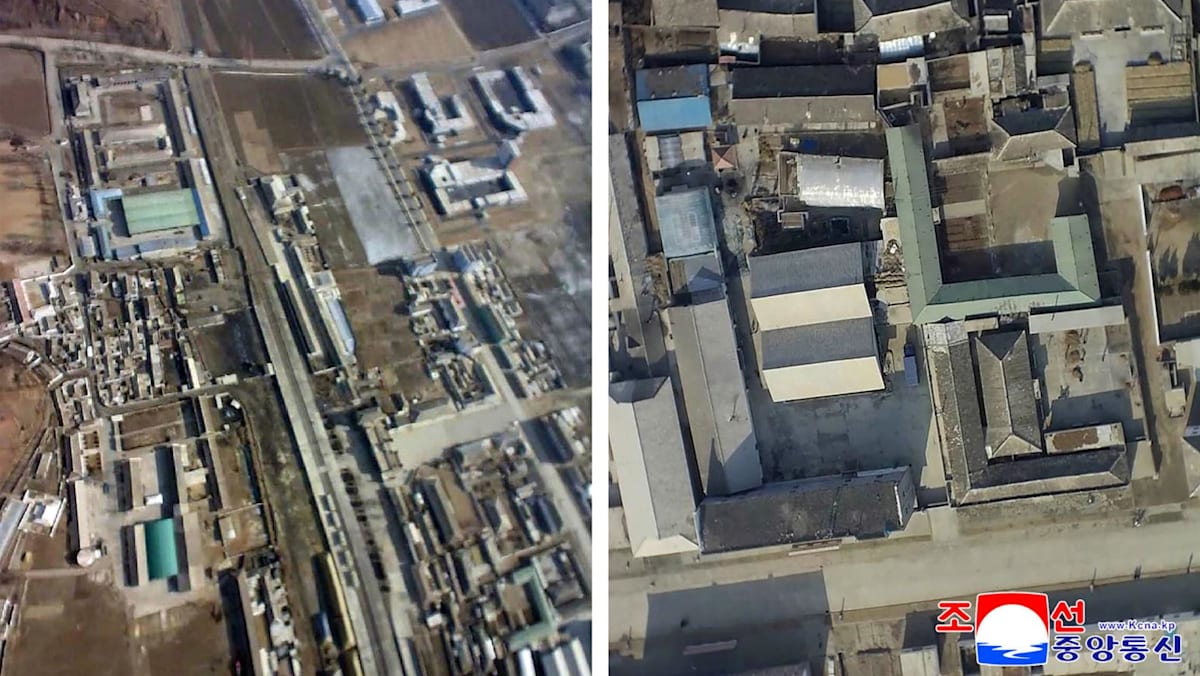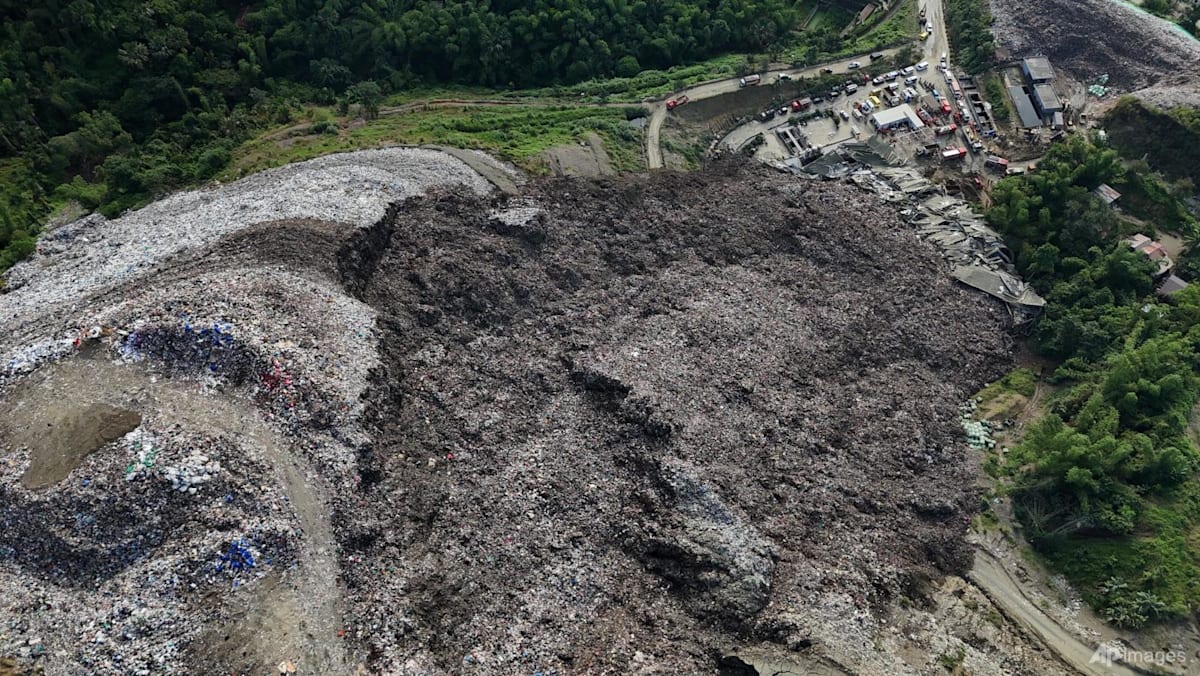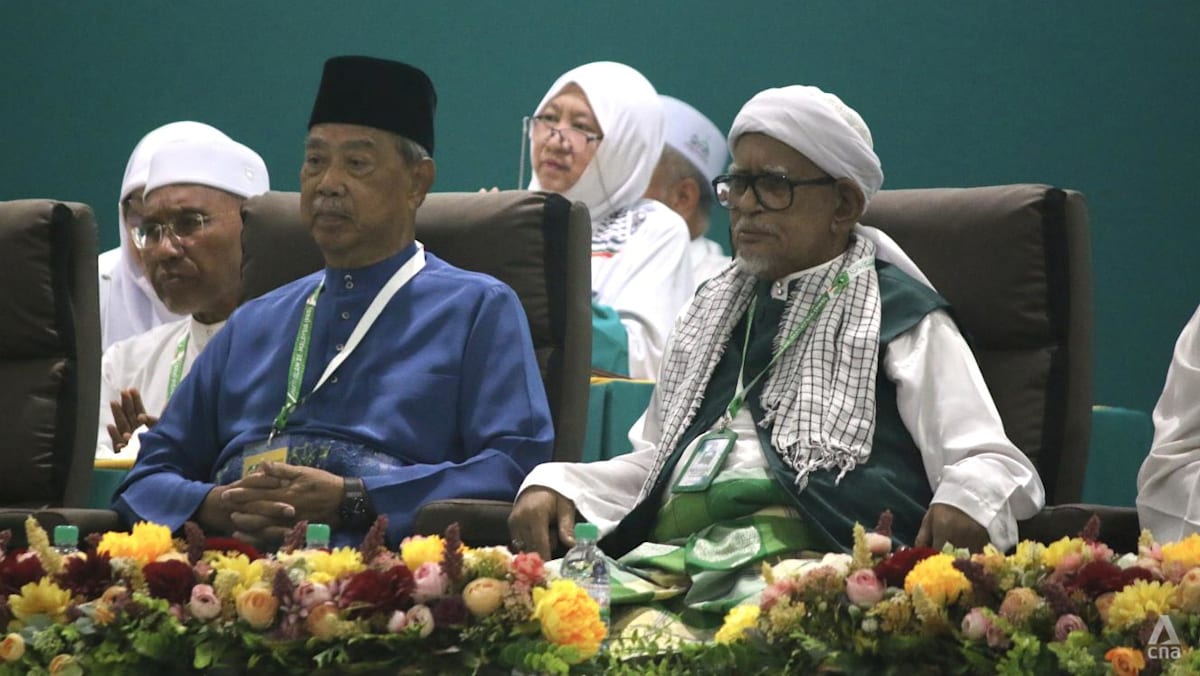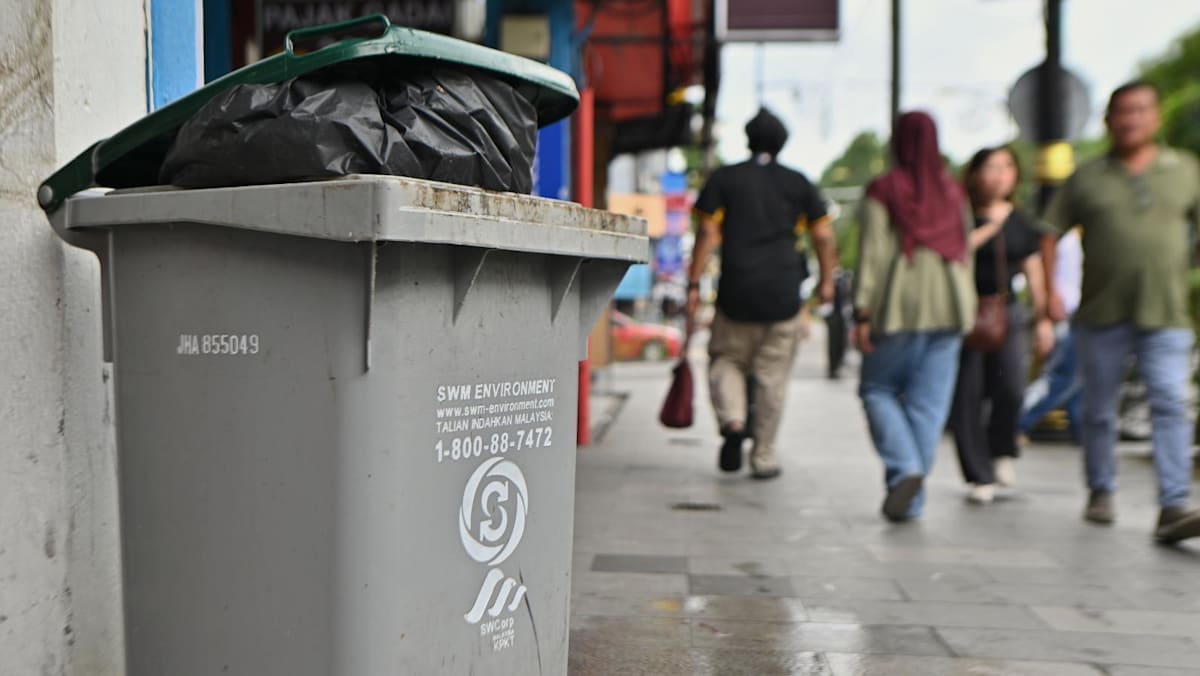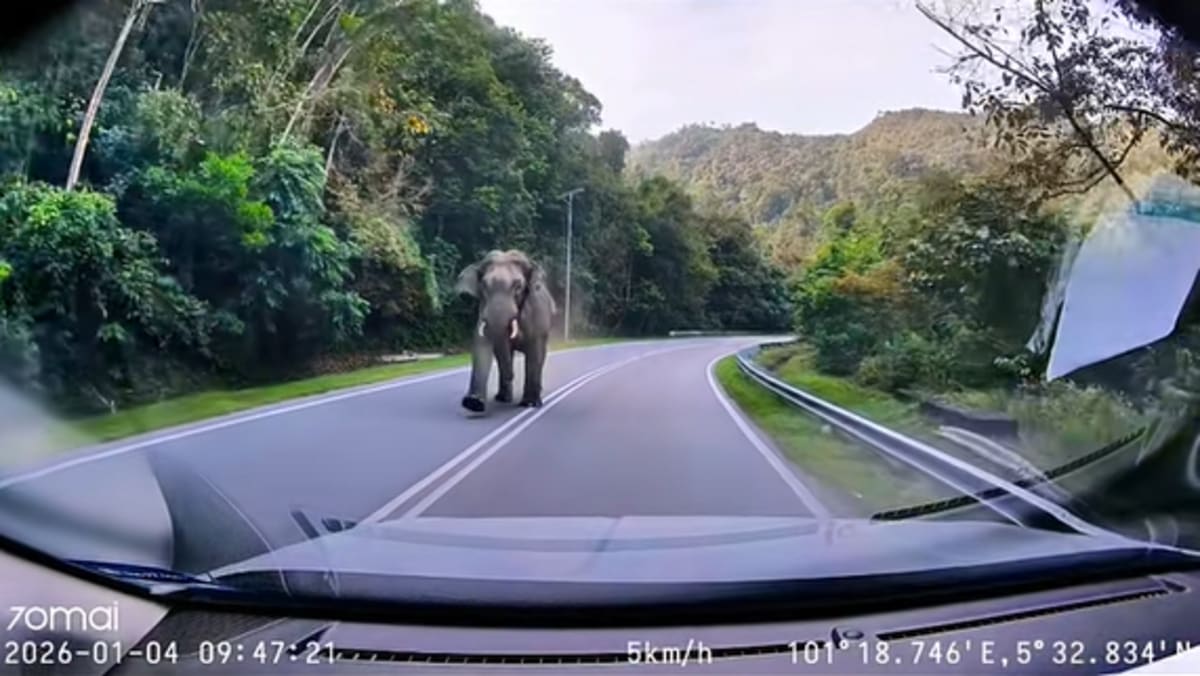Commentary: Wake-up call for Asia – how urban challenges are rooted in rural hardships
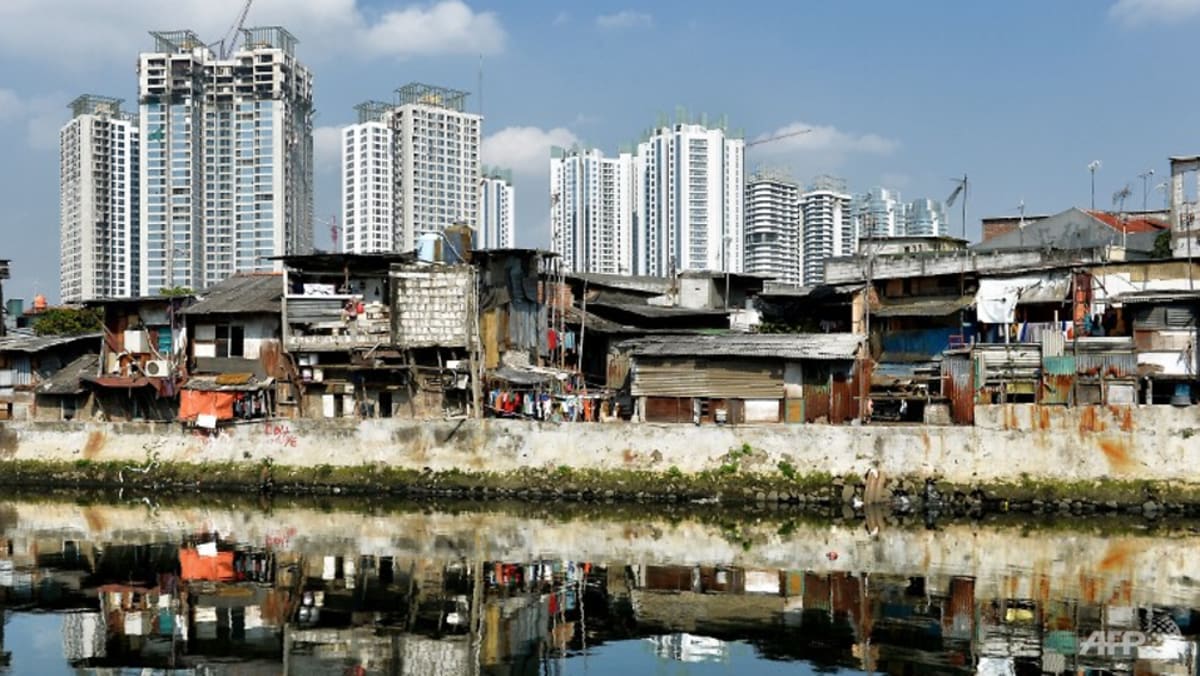
Farmers, smallholders, and peasants are at risk due to droughts, lack of land, changes in commodity prices, and difficulties bringing their produce to markets.
Small-scale fishers need to grapple with higher food and fuel prices, higher ocean temperatures and the continuation of large-scale fishing operations depleting the world’s fish stocks. Efforts to find alternative income sources have been initiated, yet it remains challenging to achieve long-term success.
In the Philippines, the government has promoted cultivating seaweed to reduce overfishing and expand incomes. It has worked in islands like Southern Mindanao and Palawan, but not everywhere. In areas where seaweed is not thriving, people eventually return to fishing and find jobs elsewhere.
Another trend is increasing inequality within rural communities. Some fishing boat owners and landowners can increase their assets rapidly while the poorer fishers and farmers are sometimes forced to sell boats or land to make ends meet.
Again, family members consider migration to the city as a solution, but often get stranded in dire circumstances. If educational attainment is low, temporary migrants end up having insecure jobs in the informal economy.
These insights, as well as related observations from Thailand and India demonstrate that despite the ongoing process of urbanisation, poverty reduction and responding to climate change cannot be solved without a proper focus on rural communities.
If more isn’t done, rural hardships will eventually perpetuate overburdened cities, youth unemployment, and urban poverty.
Dr Edo Andriesse is a Professor in the Department of Geography at Seoul National University.
Source: CNA


